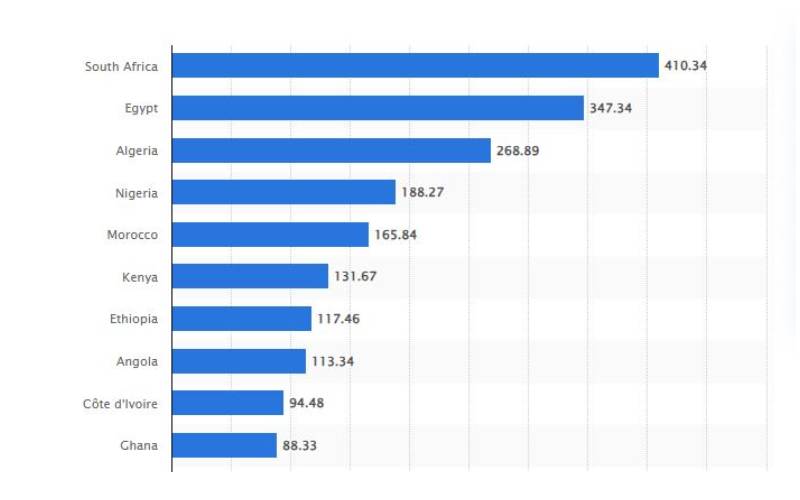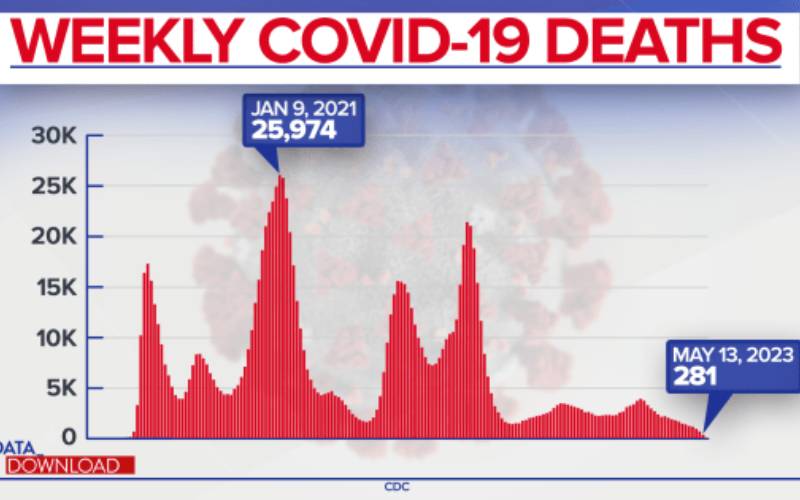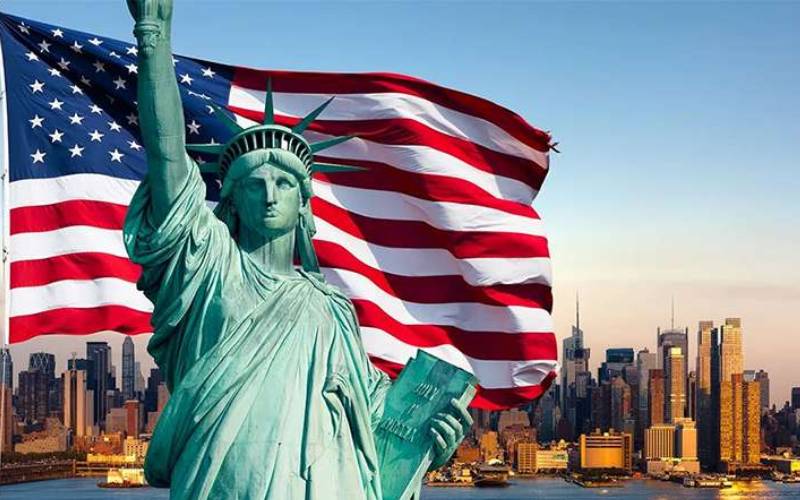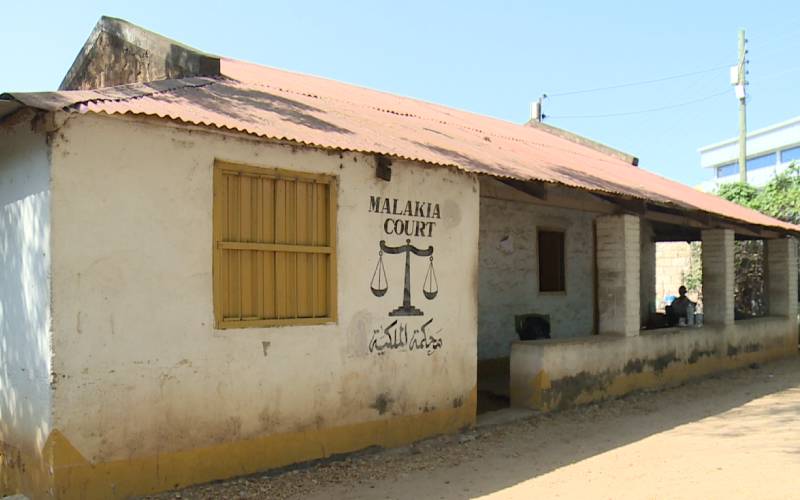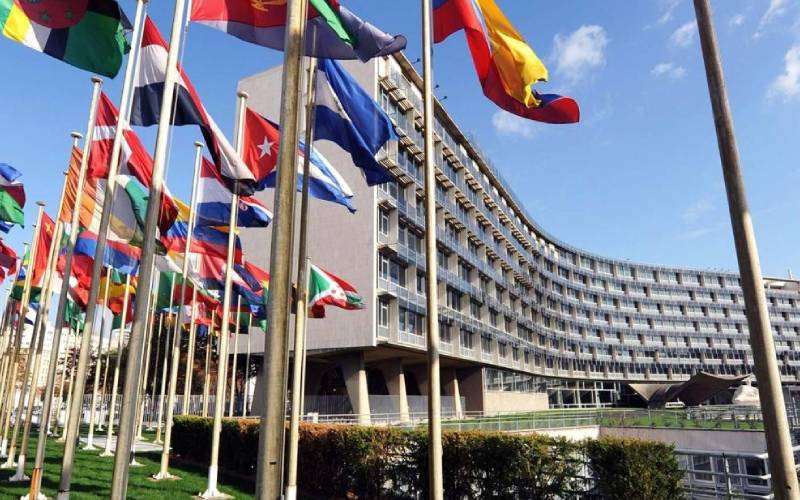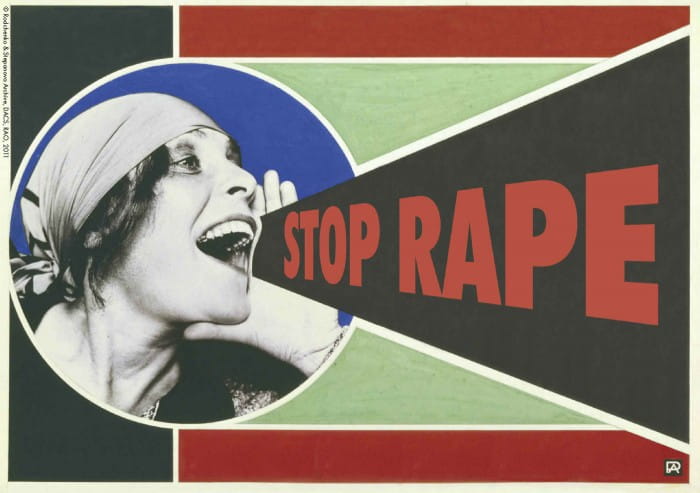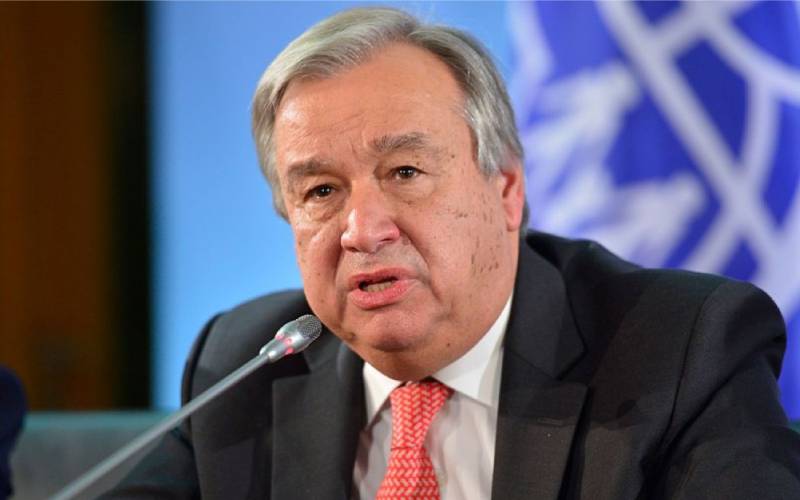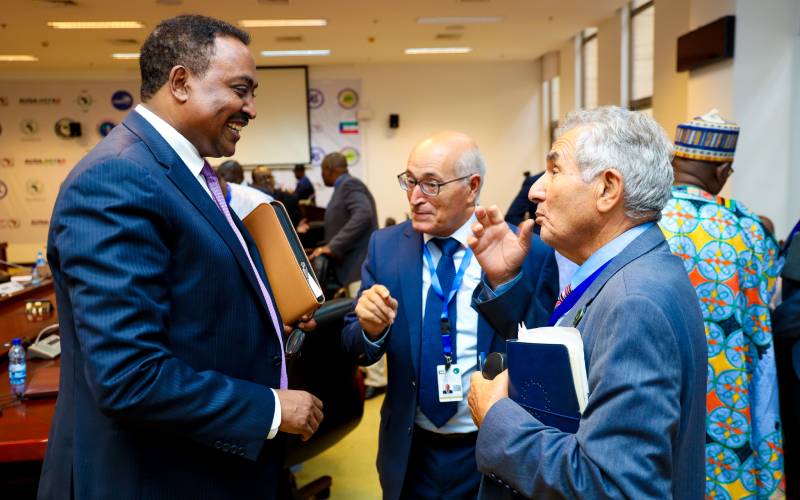Many African nations are facing economic challenges, and the tariff rates imposed by the United States are impacting trade on the continent.
Afreximbank African trade report 2025 indicates that Africa's overall economic growth is expected to decline to 2.8 percent in 2025, compared to previous years.
“The report finds that in 2024, global output expanded by a modest 3.3 percent and is projected to slow to 2.8 percent in 2025 – down from an earlier forecast of 3.3 percent and well below the 2000–2019 average of 3.7 percent,” reads part of the report.
It explicitly mentions that the recent US tariff rates have led to supply shocks, heightened volatility, and weakened multilateral cooperation, ultimately diminishing resilience.
According to the findings, Africa achieved a growth rate of 3.2 percent in 2024 due to strong public investment, high commodity prices in gold, coffee, and cocoa, as well as benefits from diversification strategies.
The report claims that global inflation fell from 6.6 percent in 2023 to 5.7 percent in 2024, partly due to a decrease in food and energy prices. In contrast, Africa's inflation rate increased from 18.2 percent in 2023 to 20.1 percent in 2024.
Global merchandise trade grew by 2.9 percent in 2024, as a result of lower inflation and eased monetary policy, following a contraction of 1.0 percent in 2023. It is projected that merchandise trade volumes will face difficulties in 2025, potentially decreasing by 0.2 percent due to rising tariffs, export restrictions, and disruptions in supply chains.
“The slowdown in growth stems from rising global uncertainties, notably the abrupt escalation of trade tensions since early 2025,” adds the report.
This stands in stark contrast to Africa's merchandise trade, which rebounded by 13.9 percent in 2024, totaling approximately $1.5 trillion, recovering from a decline of around 5.4 percent in 2023.
Intra-African trade saw significant success in 2024, increasing by 12.4 percent to reach $220.3 billion, bouncing back from a 5.9 percent decline in 2023, and is expected to be further fortified by the African Continental Free Trade Area (AfCFTA), which is vital for the continent’s trade resilience.
Africa’s economies
According to the IMD Business School ranking released on June 17, 2025, Kenya stands as the top economy in Africa but ranks 56th globally.
The ranking included five other African countries: Botswana, Ghana, South Africa, Nigeria, and Namibia, and evaluated a total of 69 economies based on criteria such as economic performance, government efficiency, business efficiency, and infrastructure.
Kenya was identified as the most competitive economy in Africa with a score of 48.3, also securing the 38th position in the global business efficiency ranking. Botswana ranked 59th worldwide with a score of 6.1 points, making it the second-best performer in Africa after Kenya, thanks to its effective governance and fiscal discipline.
Ghana placed 61st globally, while South Africa took the 64th position, Nigeria was at 67th, and Namibia at 68th. Switzerland, Singapore, Hong Kong, Denmark, and the United Arab Emirates led this ranking, while the United States was 13th and China 16th.
In terms of Gross Domestic Product (GDP), data from Statista as of April 2025 indicates that South Africa has the highest GDP in Africa, estimated at 410 billion U.S. dollars. Egypt follows as the second-largest economy with a GDP of 347 billion U.S. dollars, and Algeria ranks third with approximately 269 billion U.S. dollars.
Despite having the largest GDP, South Africa does not rank highest in GDP per capita, which is determined by dividing the GDP by the country's total population. According to Statista, Seychelles boasts the highest GDP per capita, highlighting that Africa’s largest economies do not always top the list for GDP per capita.
